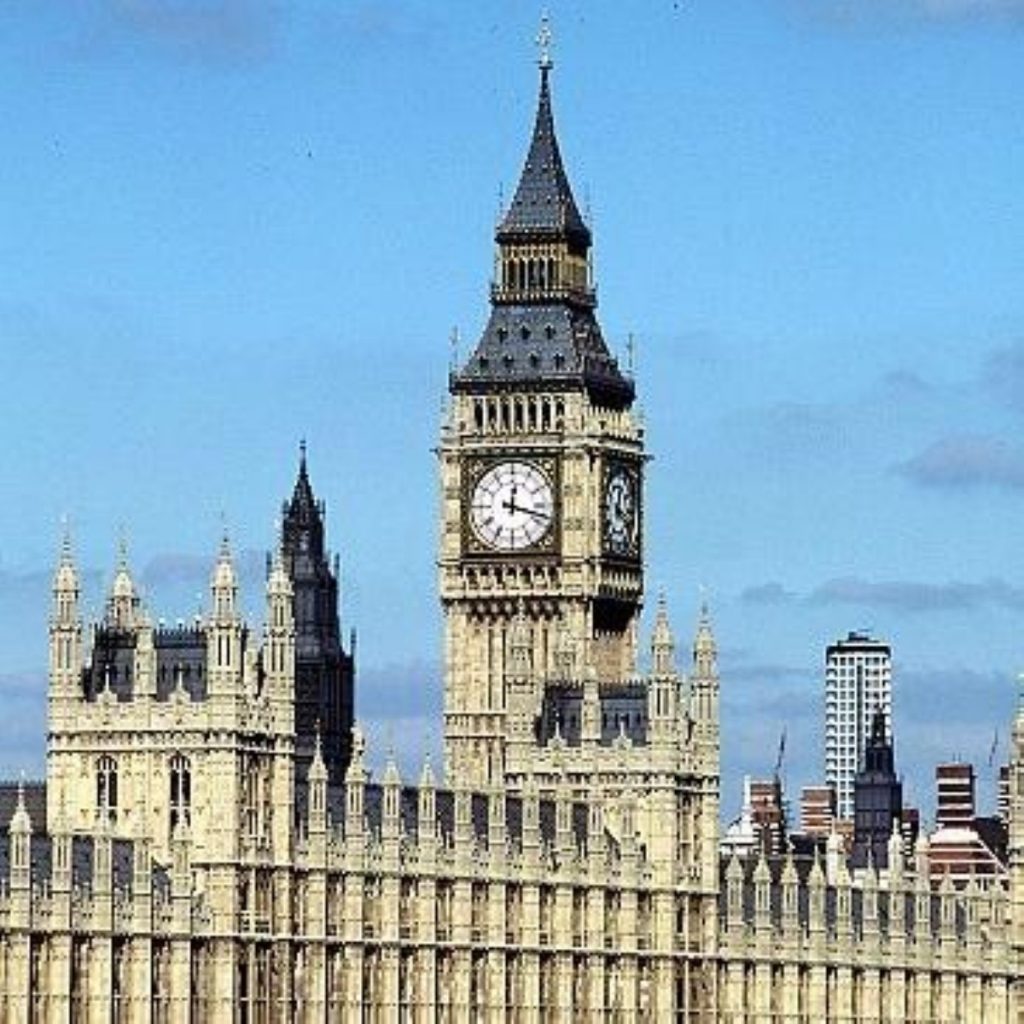‘Sack 150 MPs’ says Lib Dem leader
The number of MPs in the House of Commons should be slashed by 150, the Liberal Democrat leader has suggested.
This would cut the cost of the political machine by around £30 million a year, Nick Clegg claimed, and leave parties less dependent on attracting donations.
Mr Clegg also said political parties should receive £3 funding for every person voting for them at the ballot box.
Speaking in Sheffield tonight, the Lib Dem leader will hit out at the culture of big money donations imported from the US.


He will call for a ban on donations over £25,000 – as backed by the prime minister yesterday – and an annual spending limit of £10 million for all parties.
In a further attempt to reduce spending, he will also attack government advertising, arguing it is a self-promotion tool rather than legitimate marketing of government policy.
Mr Clegg is expected to criticise Labour’s monopoly over union funding, arguing that the era of labour versus capital is over and it can no longer be assumed every union member is a Labour voter.
He will also join the criticisms of Lord Ashcroft’s bankrolling of Tory candidates, arguing this “inbuilt cash advantage” is making the Conservatives reluctant to agree to party funding reform.
Both of the main political parties have blamed the other for stalling reform debates, with the Tories demanding Labour subject union donations to an individual limit and Labour wanting a cap on wealthy individuals.
Speaking at the Festival of Social Science tonight alongside Professor Colin Hay, author of Why We Hate Politics, Mr Clegg will say both the “establishment parties” have a vested interest in blocking reforms.
He will call for radical action to fix Britain’s “broken politics”.
A citizens’ jury of 100 people should create a constitutional convention to work towards a new constitution, Mr Clegg will argue.
This must include voter reform, the Lib Dem leader will say, criticising the present focus on marginal constituencies as a “grotesquely lopsided and unrepresentative way of running elections”.
The Electoral Reform Society said Mr Clegg was highlighting an agenda upon which there needed to be a debate.
The society’s chief executive Ken Ritchie said it was important to have elections that are not determined by which party has access to the biggest financial backer.
But he questioned Mr Clegg’s proposal of slashing the Commons’ 647 members to save money, saying he “certainly would not argue you need to reduce the number of MPs to reduce the cost of democracy”.









